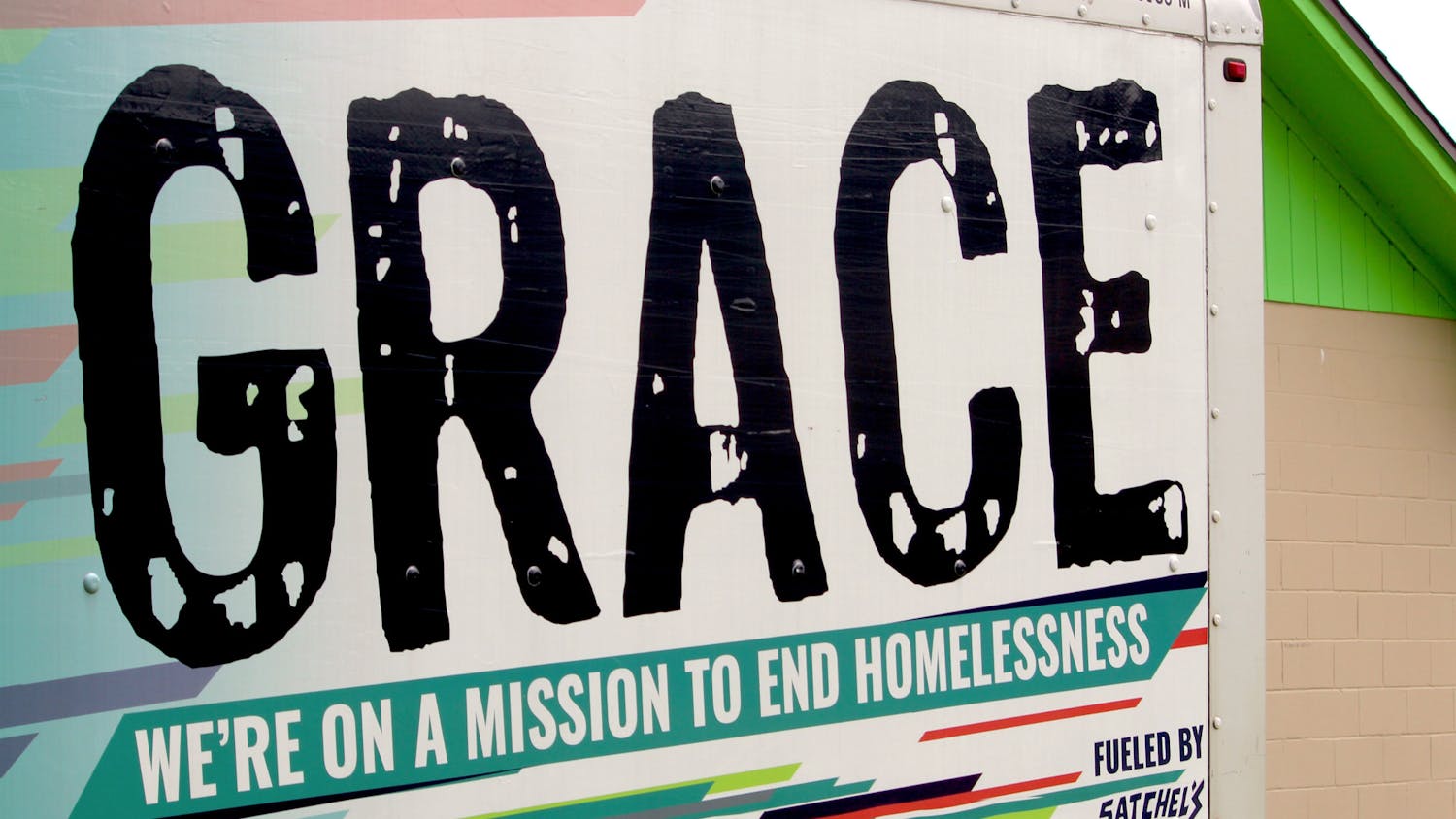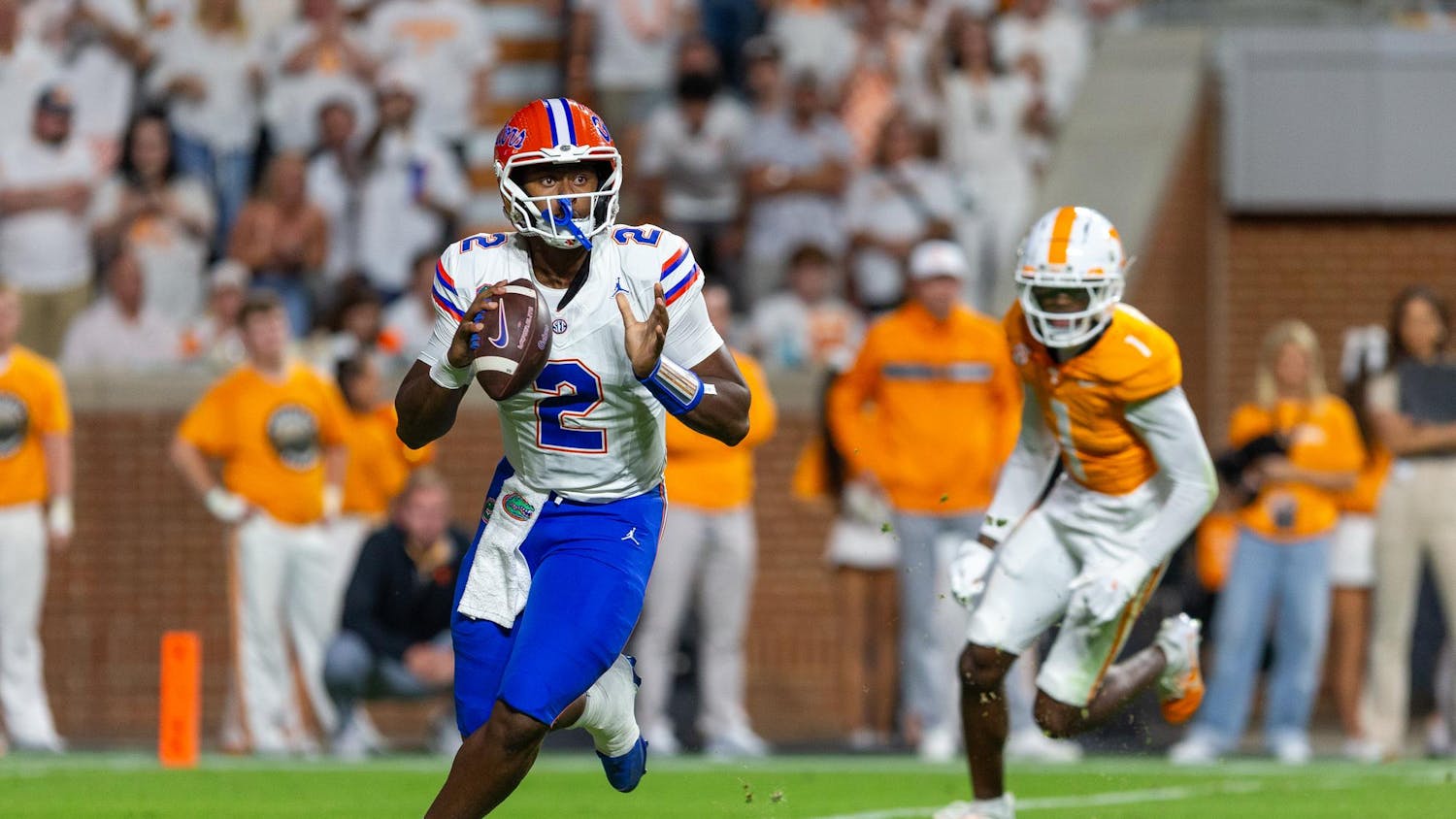Along State Road 121 there is a seemingly ordinary 12-acre plot of land. If you blinked, you would miss the turn into a graveled driveway that barely stands out, except for a yellow sign that reads “Monkey X-ing.”
This plot of land is home to Jungle Friends Primate Sanctuary, 13915 N State Road 121, a nonprofit organization dedicated to caring for monkeys that come from a multitude of situations.
Some of these primates have been abused, used as test animals in labs or turned into household pets. Others have come to the sanctuary’s door after the zoos they were in shut down.
All of them are nurtured and given permanent homes.
“We recently had nine monkeys come in from the labs who were scared of blankets,” said Vicky Weston, a 20-year-old apprentice from England.
She also said some of the sanctuary’s squirrel monkeys were used in cocaine studies.
A few of the primates were even involved in iron studies, which Weston found particularly cruel.
“They were starved and then fed in order to test their iron levels,” she said.
Another serious medical problem among the animals is diabetes — in fact, 22 of the 120 animals suffer from the disease.
Weston said this is because the animals’ previous owners did not put them on proper diets.
“They come from owners who fed them leftovers and chips,” said Mimi Sanada, a caregiver apprentice at the sanctuary.
The staff at the sanctuary aims to regulate the animals’ diets by giving them fresh produce and biscuits with nutrition.
Surprisingly, bananas are not a crowd favorite.
“Some of the monkeys actually aren’t too keen on them,” she said. “Grapes are their No. 1, and peanut butter and jelly sandwiches are a treat.”
Sanada said the preserve relies heavily on donations to maintain the property and care for its residents.
To do so, the sanctuary is participating in the Pepsi Refresh Project. The possible $250,000 prize would go toward buying the land next door and expanding the grounds.
“We’re trying to get the word out so we can give more monkeys homes,” Weston said.
The staff attempts to recreate the primates’ natural habitats by planting trees and using wooden props.
“They need a proper environment,” Sanada said. “They are social animals — they benefit from being with other monkeys.”
They provide buckets, swings and ladders made from hoses donated by a local fire department.
These forms of enrichment make the primates happy, which is one of the sanctuary’s main goals.
Another goal is to educate people on the adverse effects of taking monkeys from their original environments.
“You can never really tame a wild animal,” Weston said. “The people saying that they can — you’d have to abuse them to try. It’s not natural.”





